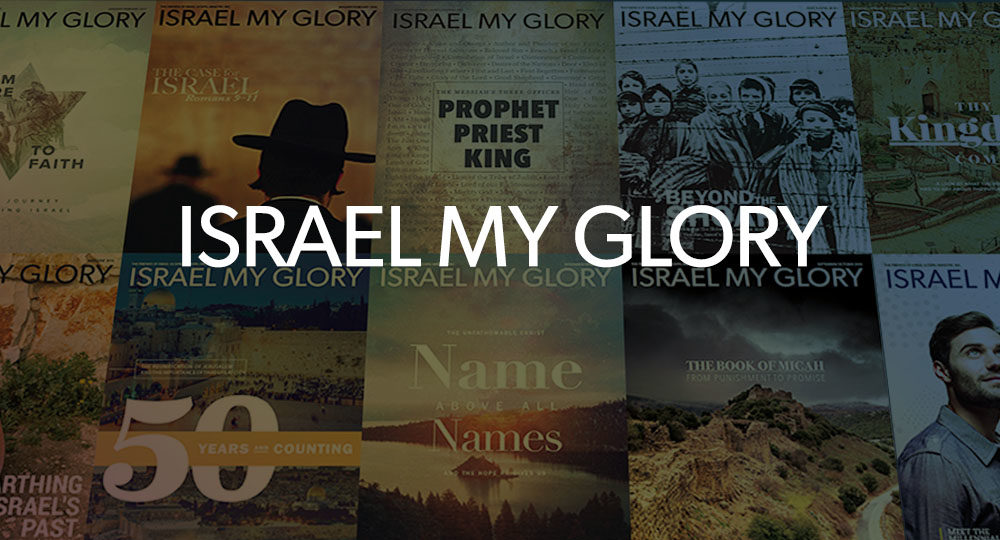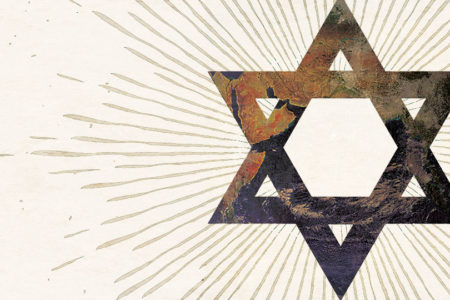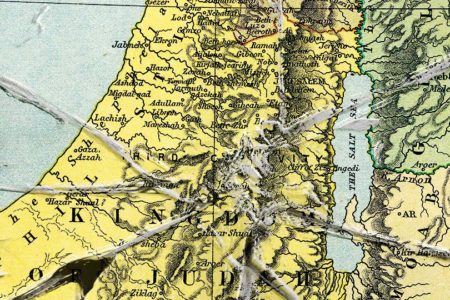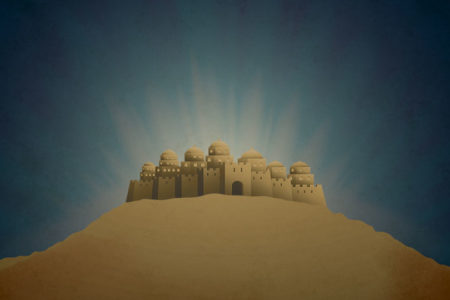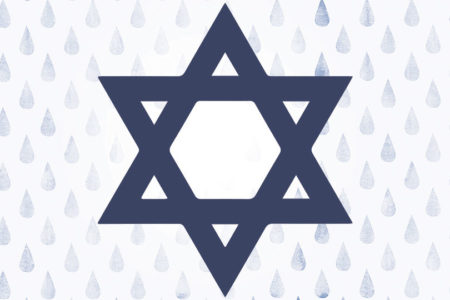Plays on Words
The locations mentioned in Micah 1 have names that are similar to the verbs in the same sentence,1 creating plays on words that are lost when translating the text from its original Hebrew:
Micah 1:10
“Tell it not in Gath, weep not at all; in Beth Aphrah roll yourself in the dust.”
In Hebrew, the words tell and Gath are similar. “Weep not at all” can also be “Weep not in Acco” (as it is in the Septuagint). Weep and Acco are similar. Beth Aphrah means “House of Dust.” “Tell it not in Gath” was a proverbial statement dating back to the death of King Saul in 2 Samuel 1:20. It implied that Israel’s enemies should not hear of its downfall for they would certainly gloat.
Micah 1:11
“Pass by in naked shame, you inhabitant of Shaphir; the inhabitant of Zaanan does not go out. Beth Ezel mourns; its place to stand is taken away from you.”
Shaphir means “pleasant” (a contrast to their shame). Zaanan sounds like the word for “come out” (they couldn’t). Beth Ezel means “House of Firmness” (they had none and could not stand).2
Micah 1:12
“For the inhabitant of Maroth pined for good, but disaster came down from the Lord to the gate of Jerusalem.”
Maroth sounds like the word for “bitter” (while longing for sweetness). Jerusalem means “City of Peace” (but destruction comes).
Micah 1:13
“O inhabitant of Lachish, harness the chariot to the swift steeds (she was the beginning of sin to the daughter of Zion), for the transgressions of Israel were found in you.”
Lachish sounds like the word for “team” (as in “team of chariot horses”). Zion means “fortress” and is a poetic name for Jerusalem.
Micah 1:14
“Therefore you shall give presents to Moresheth Gath; the houses of Achzib shall be a lie to the kings of Israel.”
Moresheth Gath means “Possession of Gath.” It is similar to the word for “betrothed” and, therefore, refers to Judah not only losing a town in “marriage” but being forced to pay a dowry (“present”) as well.3 Achzib means “deception” (lying to the authorities).
Micah 1:15
“I will yet bring an heir to you, O inhabitant of Mareshah; the glory of Israel shall come to Adullam.”
Mareshah sounds like the word for “conqueror” (Judah will be conquered). Adullam means “refuge.” There were caves for people to hide in at Adullam (1 Sam. 22:1). The word for “inhabitant” in these verses is feminine, picturing the cities as “ladies in distress.” The Jewish Study Bible attempts to capture the sarcasm and puns in this fashion: “In Dust-house I will roll myself in dust. Pass on your way, girl of Pretty-town, in shameful nakedness. The girl of Bitterness-town aches for good, yet evil has come down from the Lord to the gate of Jerusalem. The houses of Deception-ville shall be a deception to the kings of Israel.”4
ENDNOTES
- Kenneth Barker, ed. The NIV Study Bible (Grand Rapids, MI: Zondervan, 1985), 1372–73, n Micah 1:10–15.
- Charles Ryrie, The Ryrie Study Bible, NASB (Chicago, IL: Moody, 2012), 1103, n Micah 1:10–16.
- J. D. Douglas and Merrill C. Tenney, Zondervan Illustrated Bible Dictionary (Grand Rapids, MI: Zondervan, 2011), 971, s.v. “Moresheth Gath.”
- Adele Berlin and Marc Zvi Brettler, eds, The Jewish Study Bible (Oxford: Oxford University Press, 1999), 1207.
